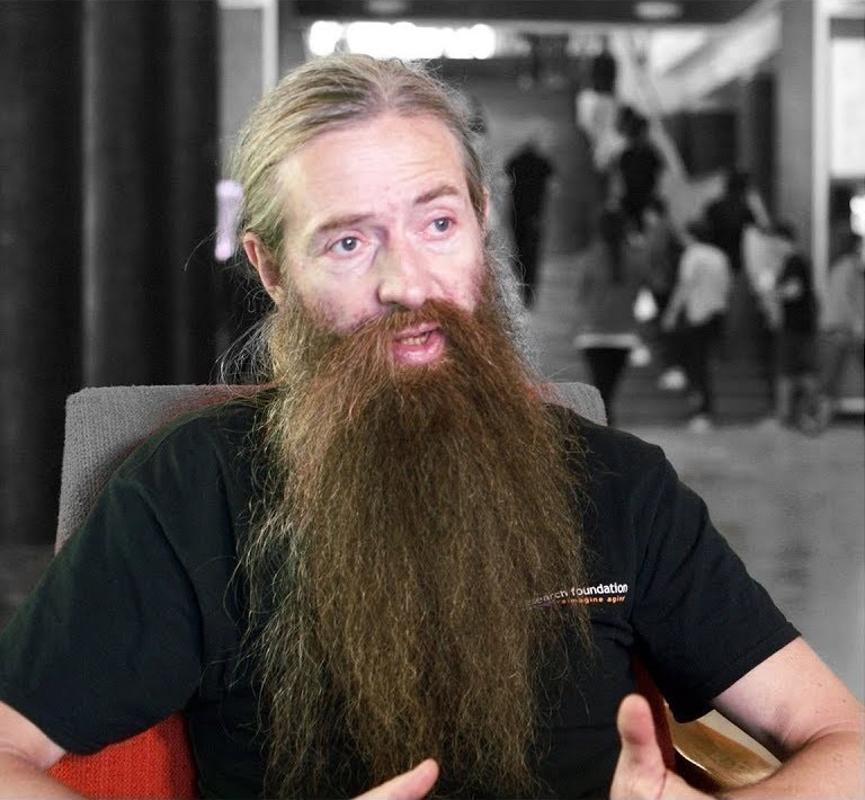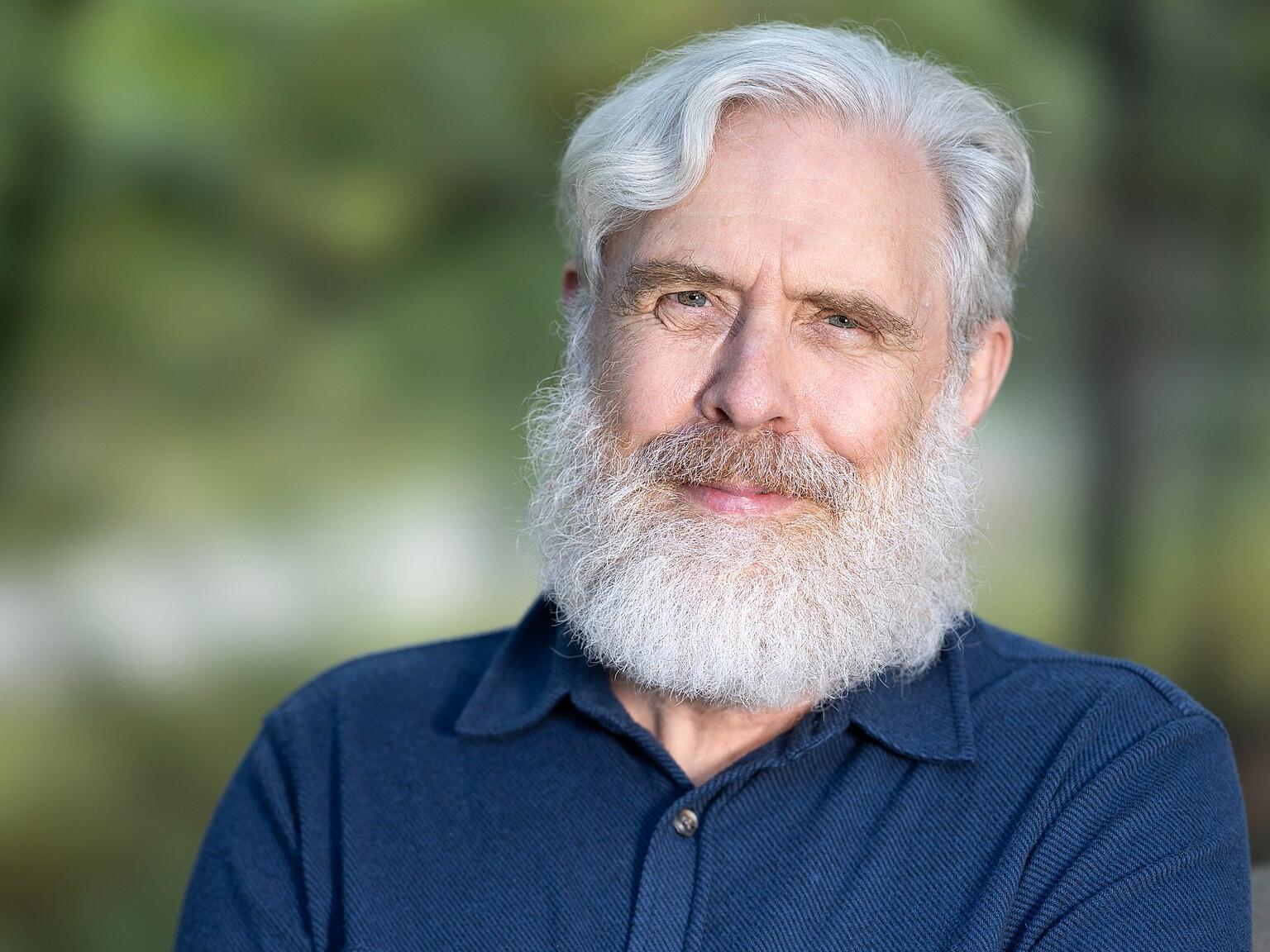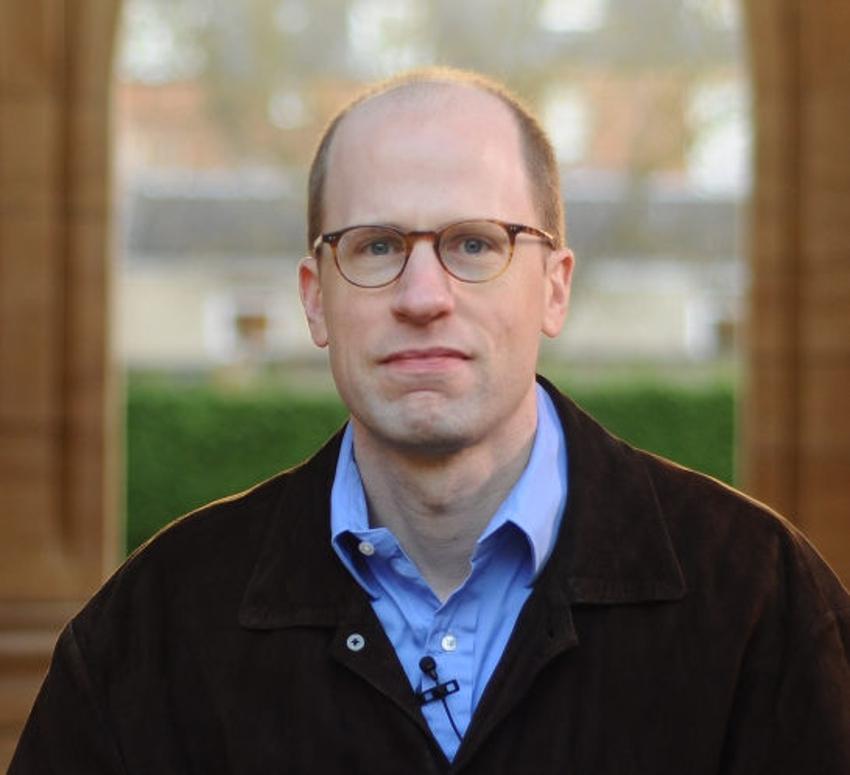Longevity Escape Velocity: The Theory Having Scientists Believe Humans Could Live Forever
The idea of living forever has been a recurring thought in humanity’s collective mind since the dawn of civilization. From the era of the Sumerian Epic of Gilgamesh to Medieval alchemists, scholars and researchers have pondered the possibility of eternal life.
Now, scientists who’ve been working on the “Longevity Escape Velocity” theory believe that all symptoms of aging could be eradicated by 2030, essentially allowing humans to live forever.
The "Longevity Escape Velocity” Theory
The “Longevity Escape Velocity” theory centers on the idea that humans will one day be able to defy death and essentially become immortal.

Source: Freepik
The hypothetical idea takes its name from the basic physics principle of escape velocity, which dictates that an object can defy the law of gravity when it reaches a certain speed. Likewise, humans may one day be able to escape the pull of death and live forever.
Reaching a Near Immortal State
While LEV remains nothing more than a theory, scientists and researchers worldwide are working on various projects that could make this a reality one day.

Source: Wikimedia
As scientists increase their knowledge in fields such as cell rejuvenation, the life expectancy of humans will continue to rise until it reaches a near-immortal state, according to Business Insider.
LEV Could Become a Reality by the 2030s
Futurist Ray Kurzweil believes humanity may reach a huge breakthrough in the LEV field by the year 2028 or 2029, yet many researchers have deemed this hopeful.

Source: Freepik
According to Aubrey de Grey, one of the leading longevity researchers and proponents of the theory, the best-case scenario is that LEV could become a reality by the 2030s.
President of the Longevity Escape Velocity Foundation
de Grey currently sits as the president and chief science officer of the Longevity Escape Velocity Foundation. In a statement to the New York Post, he said, “We wanted to put this out there because everyone knows aging is bad. Everyone says it’s bad, but nobody does anything about it.”

Source: Wikimedia
He continued, “Like bad weather, people are stuck in the assumption that nothing can be done, even if we try. We wanted to put that assumption to rest.”
"Dublin Longevity Declaration"
Now, many of the world’s leading authorities on longevity have gathered together to join the new “Dublin Longevity Declaration.” This collection of scientists claims they will work on reversing biological aging at the cellular level.

Source: Freepik
According to the website, they believe the efforts of scientists who have attempted to slow down aging the old-fashioned way by attacking one disease at a time are “overly pragmatic.”
Harvard Geneticist Believes LEV Will Come in Our Lifetime
Revered Harvard geneticist George Church believes that LEV may see significant breakthroughs in our lifetime, and people could reap the benefits of the research before the end of the century.

Source: Wikimedia
Another proponent of the theory, Sourav Sinha, head of strategy at the Longevity Vision Fund, shares opinions similar to those of the church. During a recent discussion, she admitted that with the right kind of investment, LEV could become a reality in as little as a few decades.
LEV is Backwards and Silly, Says Expert
Not everyone agrees with de Grey and the scientists who have signed up to the Dublin Longevity Declaration, however. Dr. Thomas Perls admits that while the pursuit of preventing age-related disease is a great cause, the idea that LEV may lead to eternal life is silly.

Source: Freepik
“These billionaires, of course, they’ve seen: if you throw enough money at a particular problem, you solve it,” Perls told Insider.
Perls Claims Scientists Are Getting Ahead of Themselves
While Pearls admits he’s on board with pouring billions of dollars into projects that could help scientists cure or reduce the chance of age-related illnesses such as dementia and Alzheimers, it claims the search for immortality is a waste of time.

Source: Wikimedia
The geoscientists argue that it’s simply a waste of time to invest money in living forever when the greatest researchers have yet to find a way to ensure that people in their 80s and 90s remain in good health.
The Pursuit of Delaying Aging
According to Pearls, researchers should realign their focus and look into delaying aging rather than getting rid of it. “We want to do what we can to delay or even avoid aging-related diseases that may increase life expectancy or life span a little bit for people,” said Perls.

Source: Wikimedia
He continued, “But in no way do I think that’s going to lead to the notion of living forever.”
Philosopher Believes Healthy Living Can Result in Increased Longevity
Futurist and philosopher Nick Bostrom has proposed that humans should opt to live healthier as they age and believes humans in the future could live to surpass 1,000 years with the help of AI.

Source: Wikimedia
He claims humanity needs to place AI in control and allow it to do what’s necessary to create new drugs and find cures for all illnesses and aging. Should this be successful, he claims humanity could achieve an “indefinite lifespan.”
Biological Limits
Regarding living to 200 or even 1,000 years old, Perls again doesn’t see any future in which this becomes a reality.

Source: Freepik
According to the scientist, we can’t outlive our biological limits no matter how advanced humans become. Nor does he think rejuvenation is theoretically possible. Instead, he recommends: “Let’s keep going with the healthspan.”
